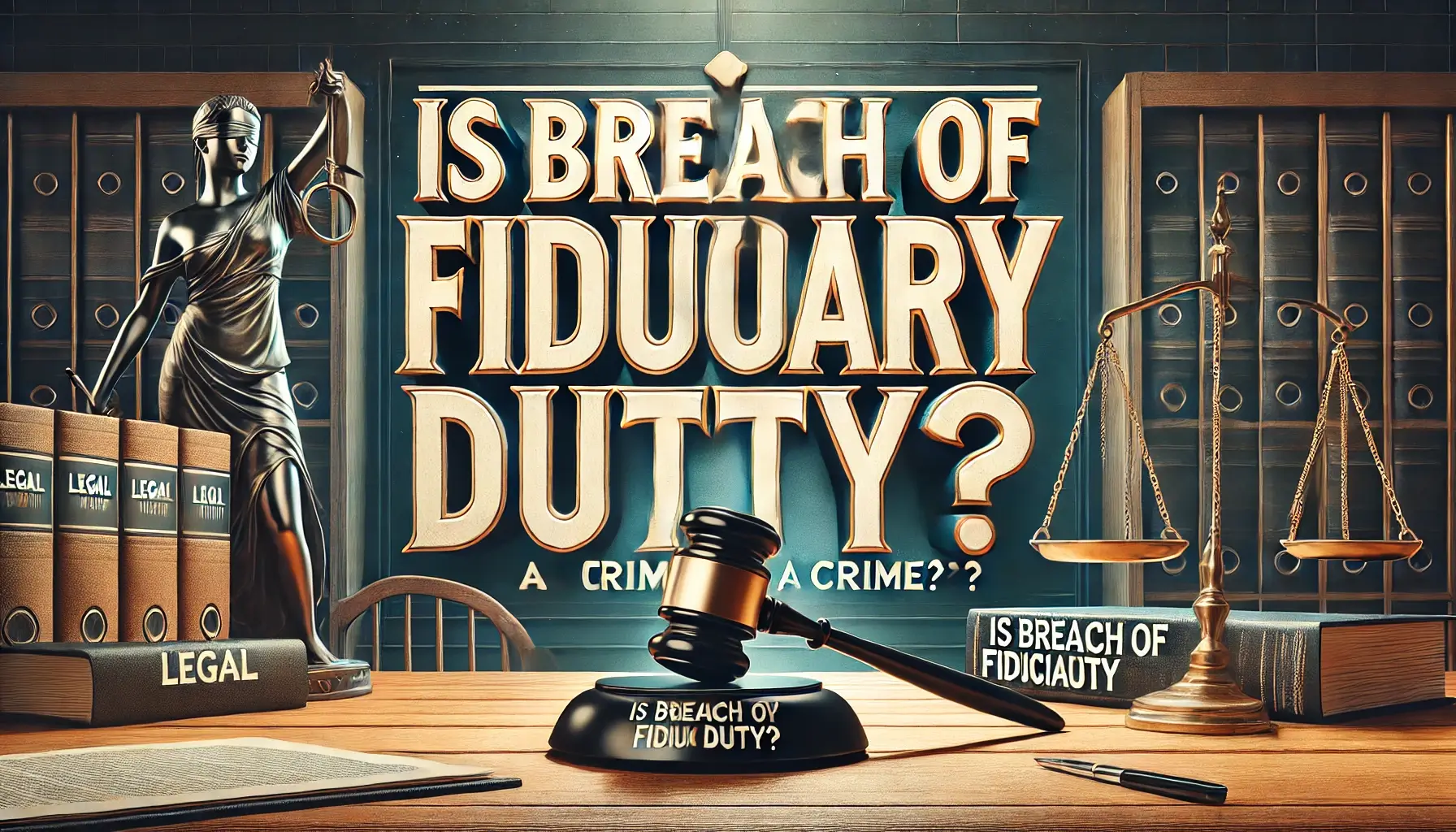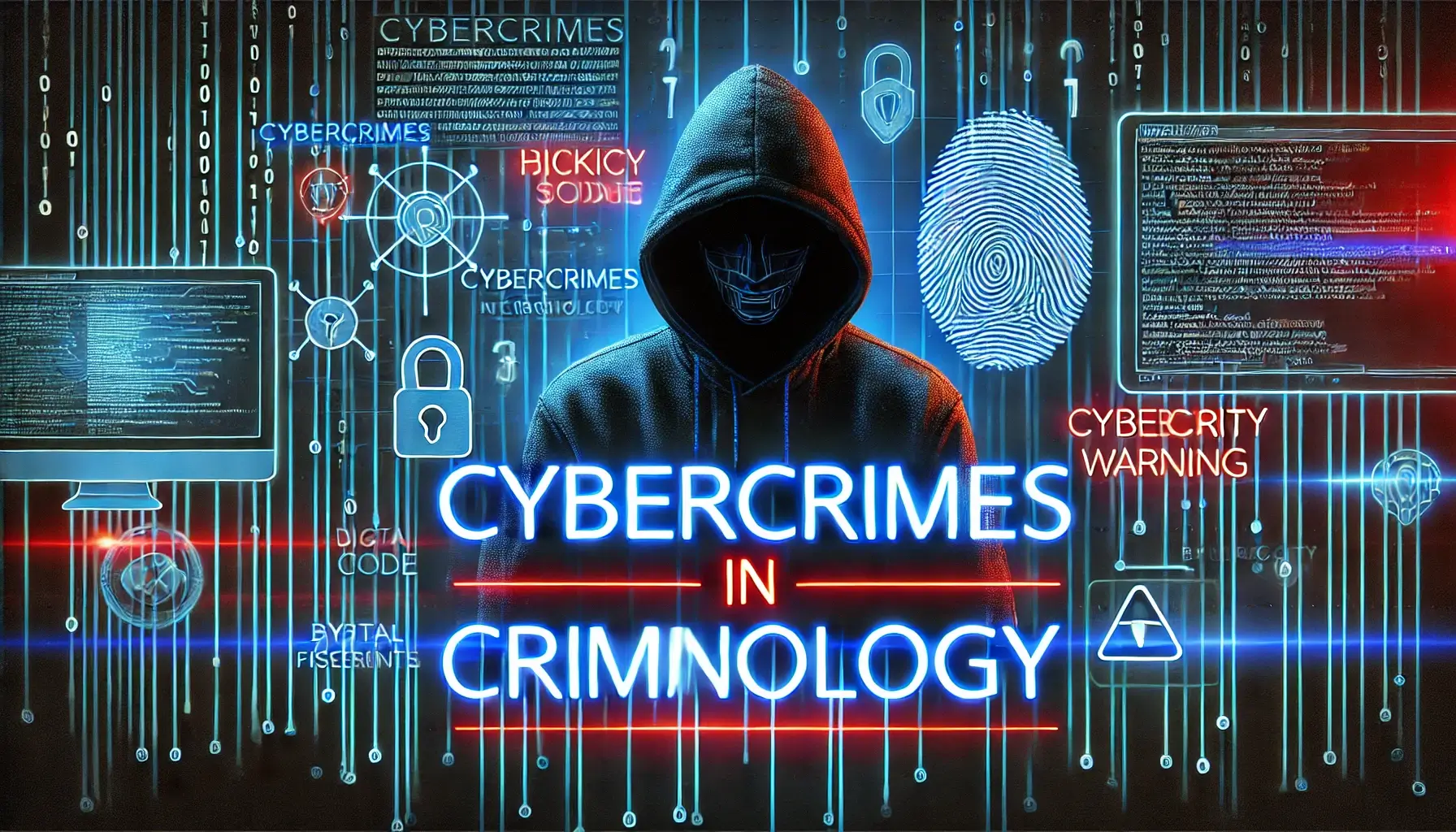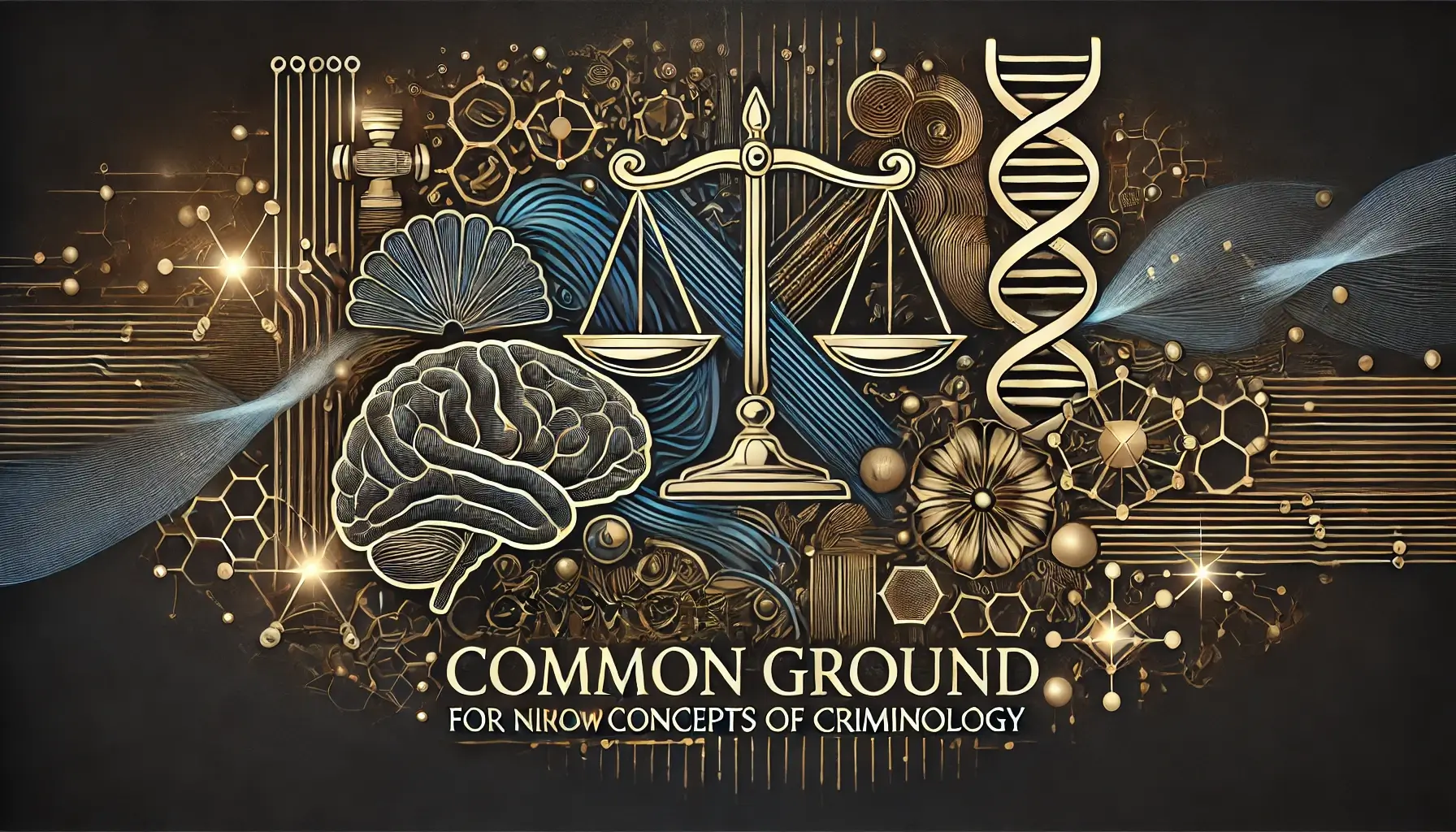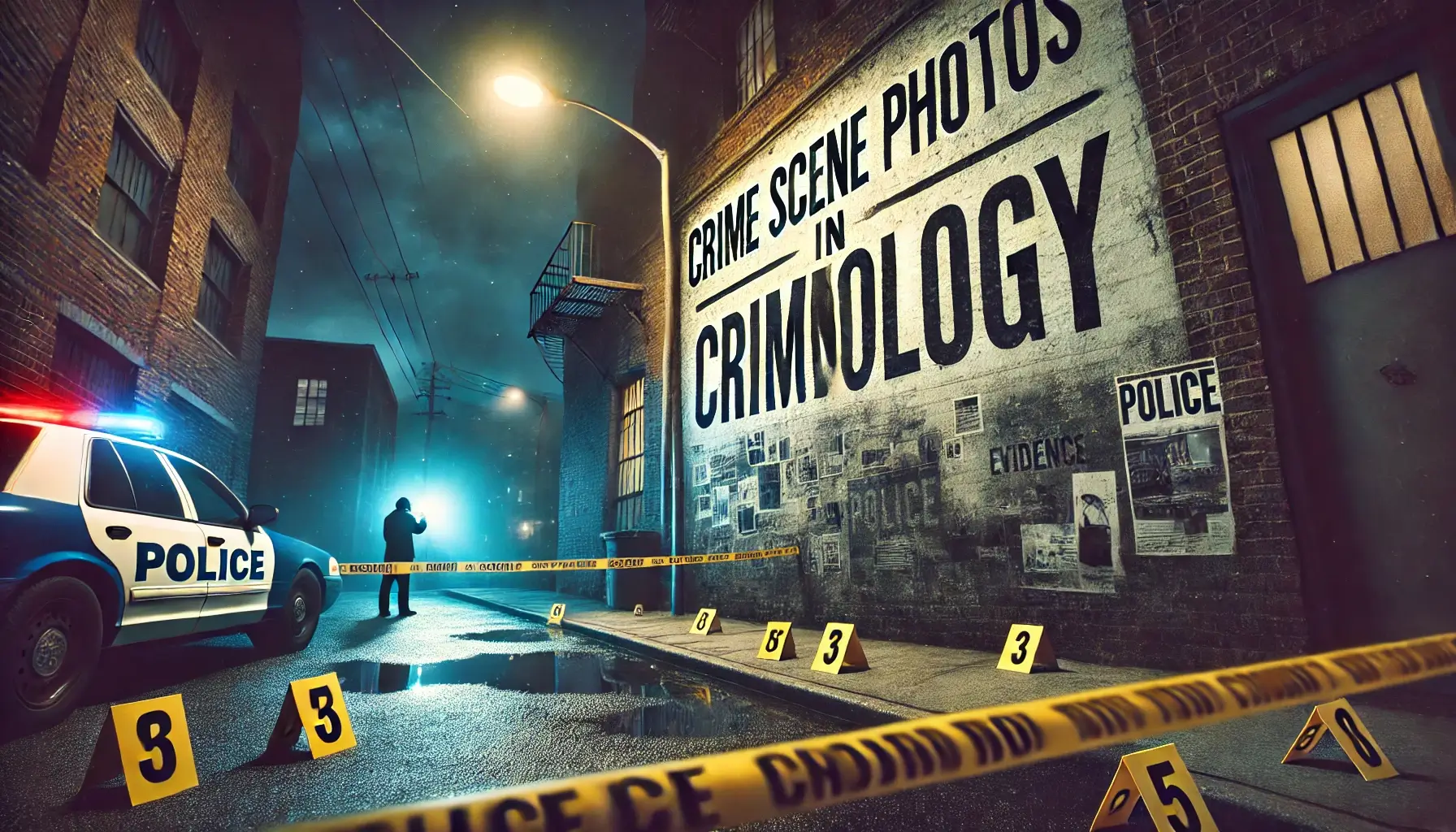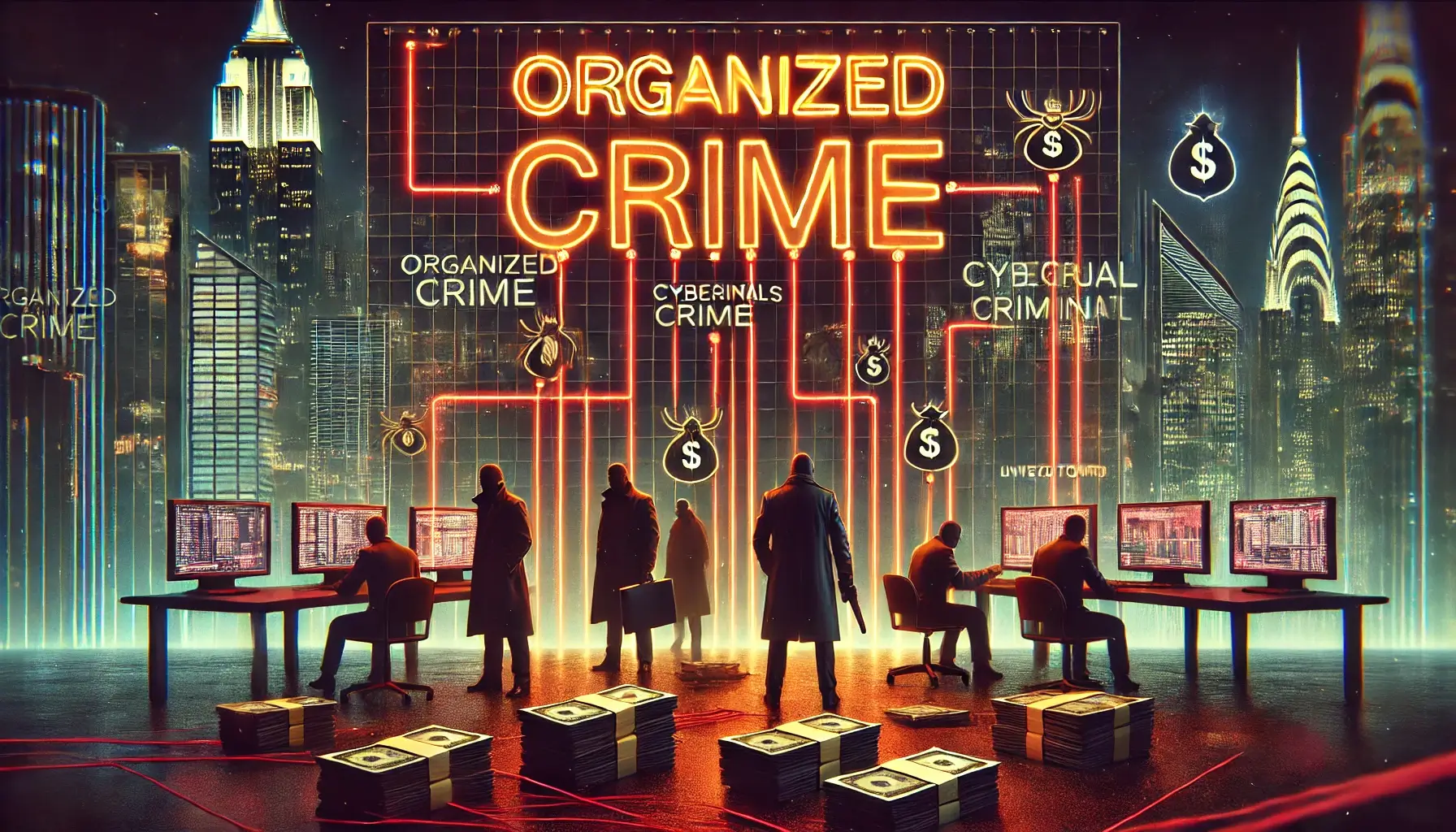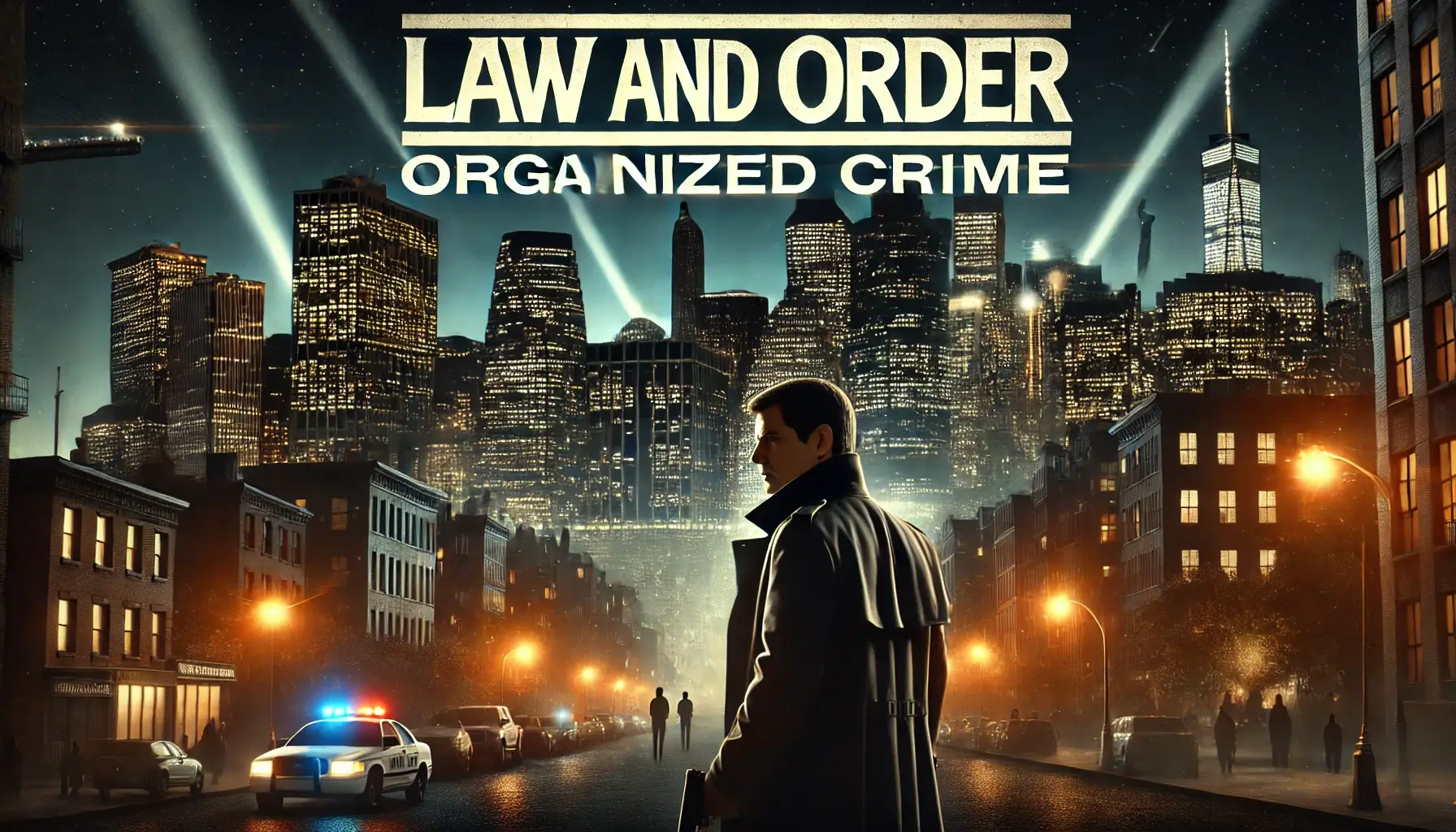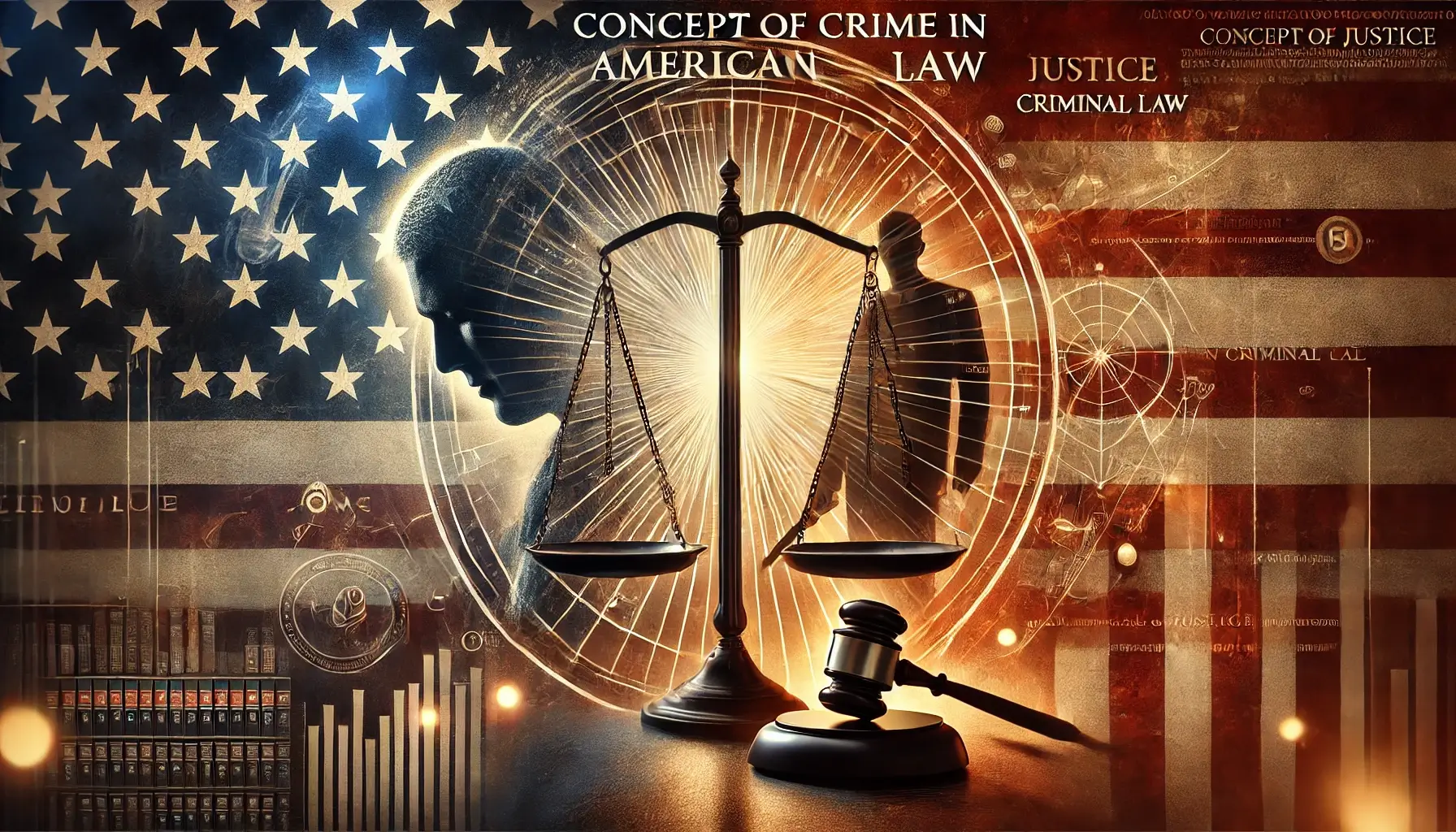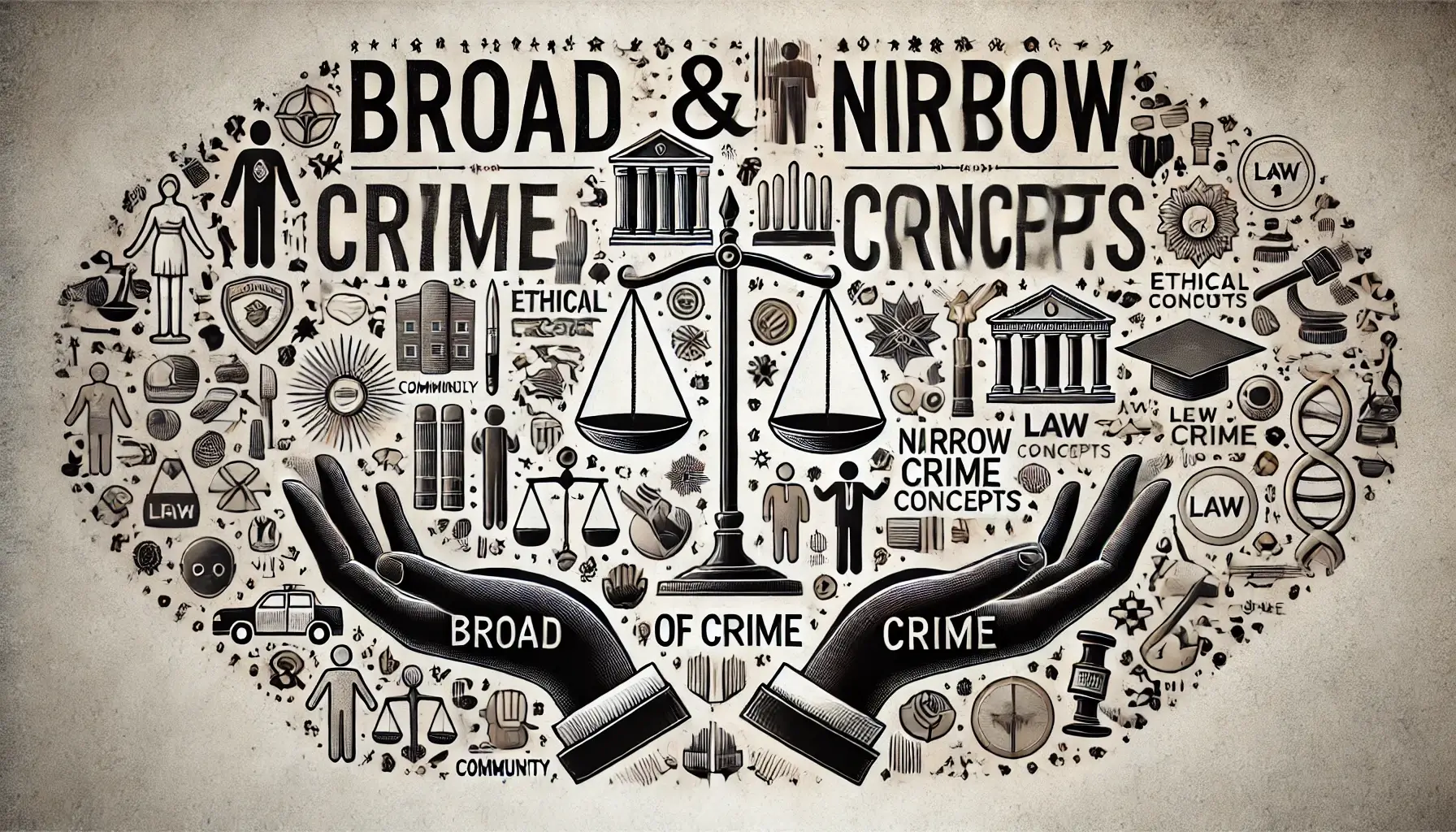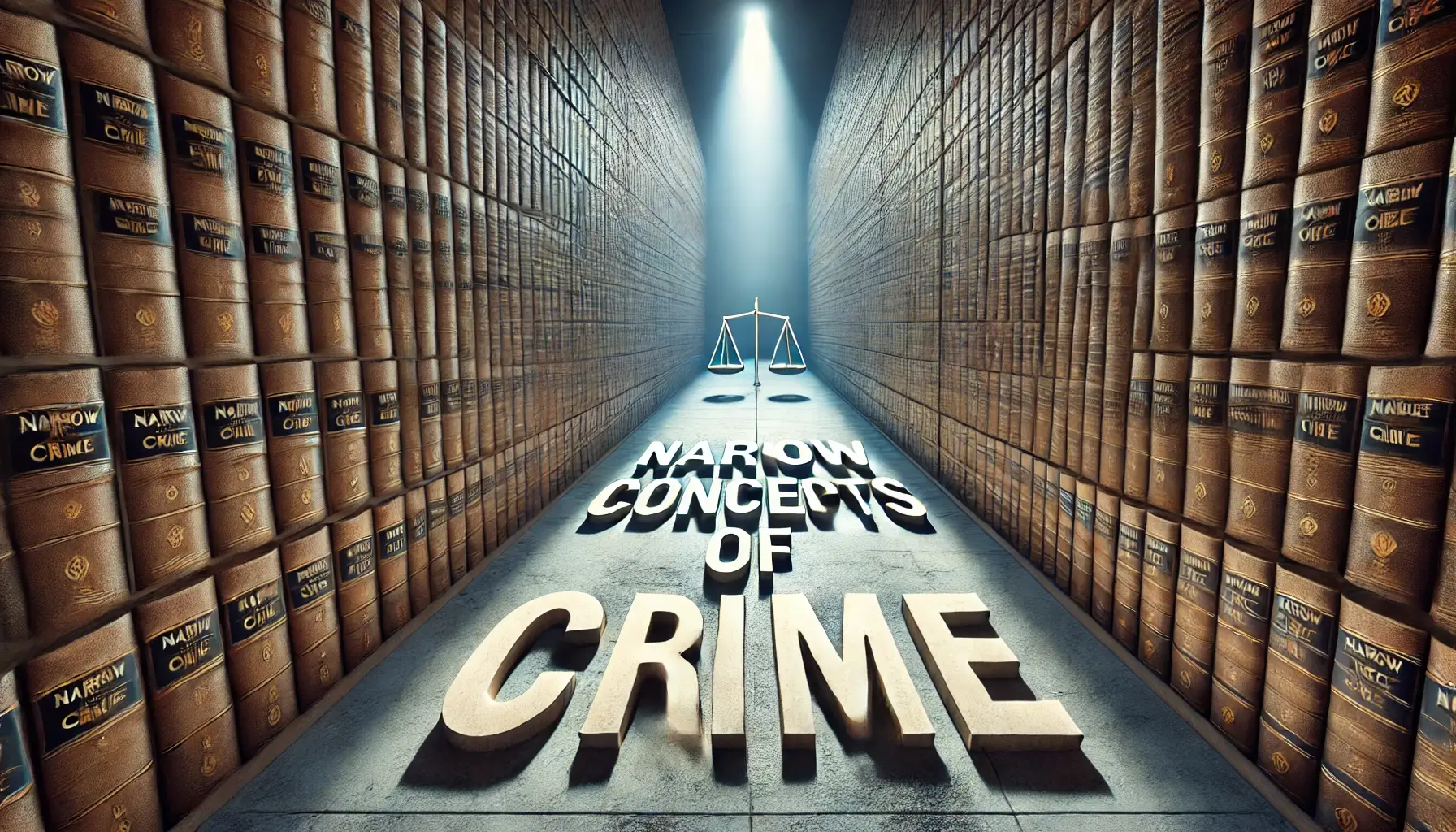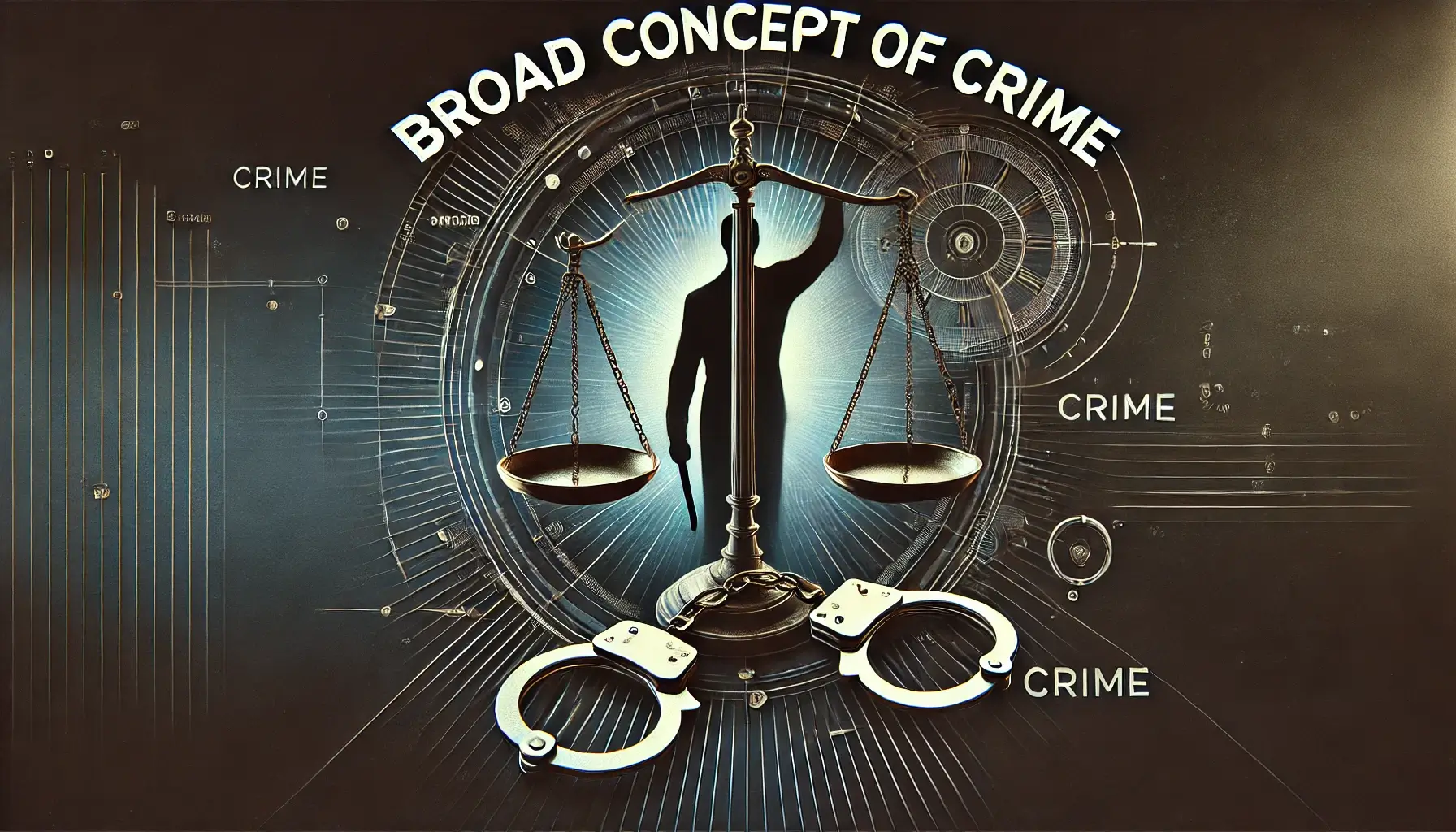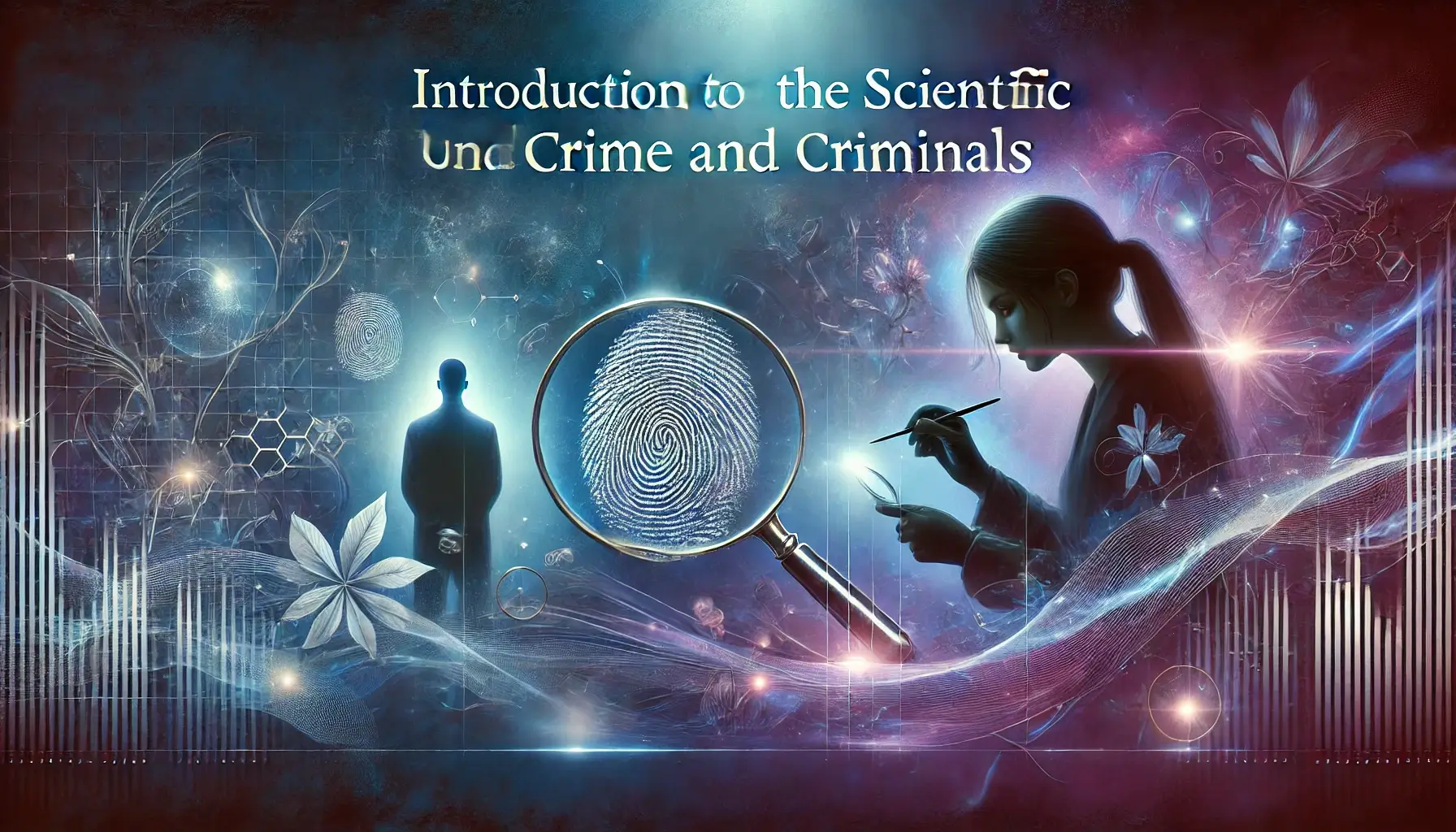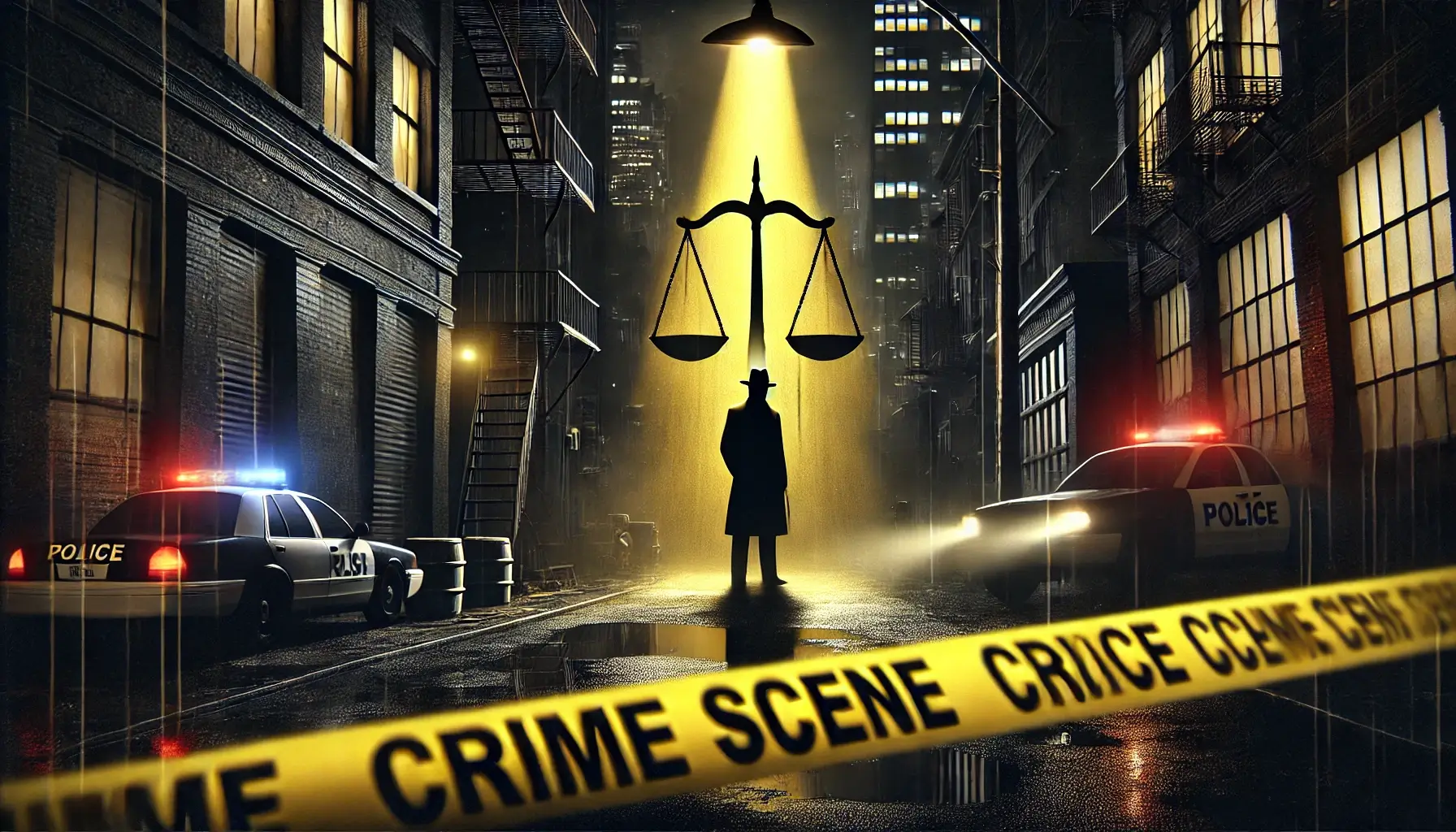Is Breach of Fiduciary Duty a Crime? Legal Consequences & Case Studies
Introduction Fiduciary duty is a legal obligation that binds an individual or entity to act in the best interests of another party. This duty typically arises in relationships involving trust, such as between attorneys and clients, corporate officers and shareholders, trustees and beneficiaries, and financial advisors and their clients. When a fiduciary fails to uphold … Read more

